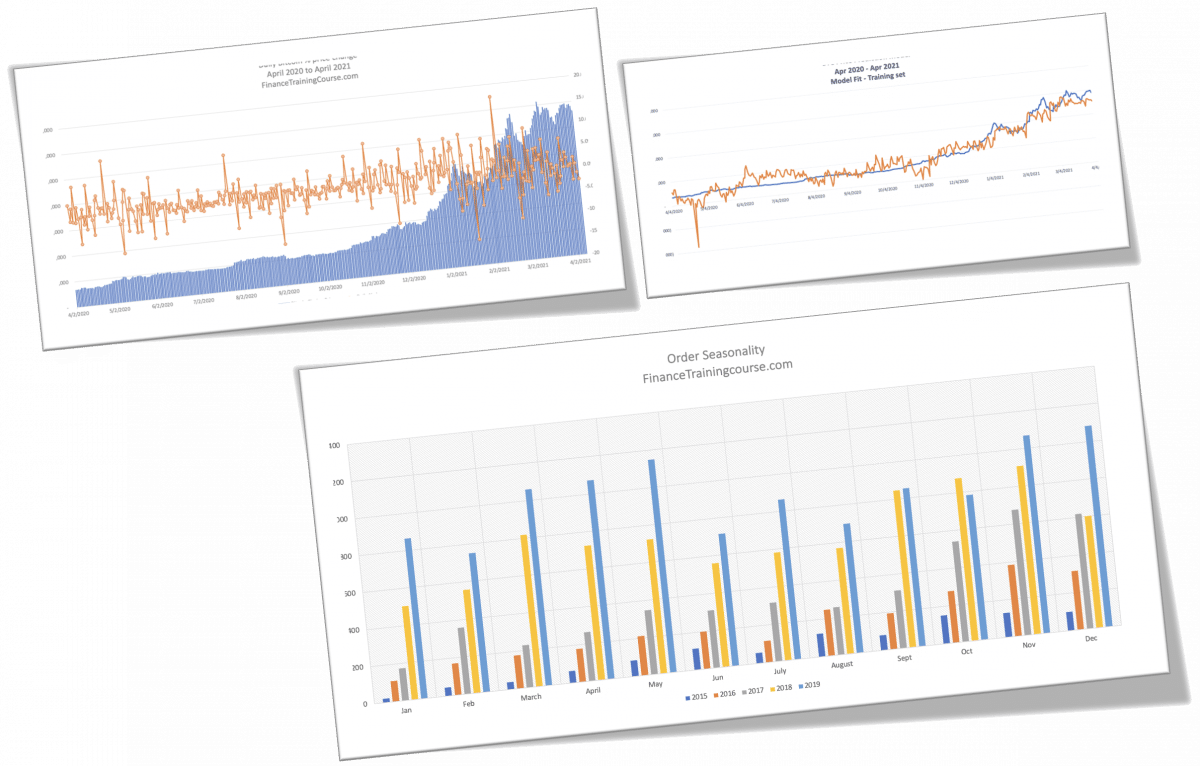Who is this course for?
Entrepreneurs, startups and founders often do not have the luxury of ready sources of capital to test various strategies and ideas. Our Financial Modelling for Startups Course allows you to do this in EXCEL before you put money on the line.
“Financial Modelling for Startups” will help you, as founders, ask the right questions and build models to find the answers; identify key business drivers and understand how margins change when strategies change; validate & defend your company’s growth assumptions and quantify downside risk; assess the ability of your company to borrow and payback debt; and calculate the enterprise value of the business.
Course Fee
Financial Modelling for Startups + Valuation for Founders Bundle
Module Topics
Module 1 – Maya’s Closet: Explains the need for financial modelling for startups and builds a model for growth and capital allocation for entrepreneurs and founders. The case study looks at a growing startup’s capital needs and the decisions the founders need to make to pick one or more growth strategies. Downside scenarios are also considered that would break the business model with an aim to plan and prepare for them.
Module 2 – MedAngle: Reinforces and revises unit economics and modelling revenue & expenses concepts.
Module 3 – GEMS: Extends the financial modelling for startups concepts to private equity valuations. Demonstrates how to build a financial model for credit analysis and financial forecasting and for answering questions posed to entrepreneurs from lenders, owners, and shareholders. The GEMS Education case study looks at the GEMS school system debt load during the Covid-19 related slow down in UAE to evaluate the capacity of the group to raise more debt.

